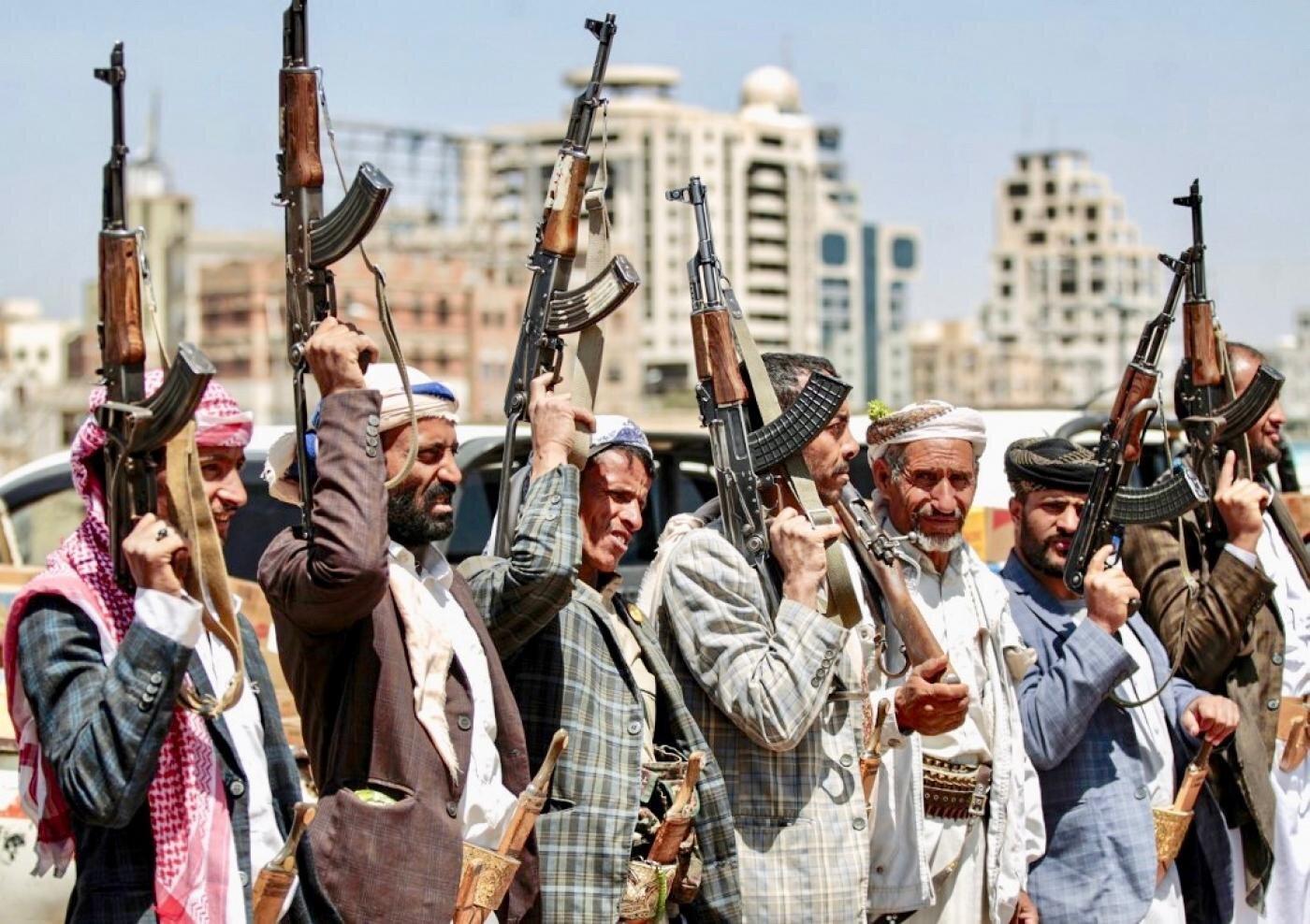West fails to prove as Yerevan's true ally Armenia's strategic dilemma
US experts Joseph Haberman and Paul Cormarie from the RAND Corporation, an analytical centre serving the military interests, advise Washington to pursue a more cautious policy in the South Caucasus.
“The US can help support Armenia’s security, but for a number of reasons it cannot play the role of a security guarantor. Moreover, the Armenian leadership itself is cautious in this regard,” the US experts wrote.
Such a phrase as “the US cannot play the role of a guarantor of security” means that the US will not send its troops to Armenia to protect this country from the actions of other countries.
At the same time, Armenia is purchasing weapons from France and India to strengthen its armed forces. The problem is that neither France nor India is ready to fight for Armenia.
The supply of several modern artillery systems and several dozen armoured personnel carriers can strengthen its army, but cannot fundamentally change the balance of forces in the region.
Armenia's freezing of membership in the Collective Security Treaty Organisation (CSTO) - a military alliance with Russia means a shift towards the West, towards an alliance with the US and, above all, with France. However, this alliance is not currently a reliable military barrier.
Real support appears when powerful military capabilities and the readiness to use them arise. However, the West has no such readiness.
Is France ready to send its troops to Armenia? Surely not. If this ever happens, it could be a topic of discussion, but there is nothing to talk about now.

The actions of Americans and Europeans during other conflict testify to the modern capabilities of the West. The matter rests in Yemen and the situation in the Red Sea.
Yemeni pro-Iranian rebels, the Houthis, control a third of this country, directing the influence of Iran, which is hostile to the West, to this region.
Iranian military experts under Houthi protection are firing at the ships in the Red Sea by missiles and drones, paralysing one of the main routes of the world trade.
Of course, Tehran does not officially recognise this. However, it is not a secret that the cruise missiles and drones that hit merchant and military ships in the Red Sea and the Indian Ocean are made in Iran. These are complex technologies that are not available in Yemen. The Iranian radiolocation systems are required to use these missiles and drones and they are likely to be guided by Iranian operators.
Even if the Iranians trained several dozen Houthis to be operators, this does not change much.
The matter rests in the control over one of the key maritime trade routes rather than in a small, poor country in the South Caucasus. Some 12 per cent of the world trade and nine per cent of world seaborne oil trade pass through the Red Sea and the Suez Canal.
Any analyst will say that the status of a superpower is determined by its ability to control the main trade routes, especially sea routes, given the modern importance of world trade.
The US does not intensively strike at Houthi infrastructure because it is afraid of harming the Iranians which will lead to “escalation” of the situation according to one of the leading US experts Gregory Johnsen.
That is, the Iranian operation in the Red Sea, which partially blocked one of the main trade routes of the planet, an operation where the Houthis are nothing more than ground guards for Iranian missile forces, turned out to be successful.
The Iranian military in Yemen and their missile salvos not only hindered the US aggression, but, on the contrary, frightened Washington and limited its strikes on the anti-ship missile systems, avoiding intensive strikes on the enemy’s infrastructure not to anger Tehran.
Several international coalitions have already been created aimed at stopping the Houthis, but they are unable to do this.
"Intensive strikes would pose a risk because of possible Iranian casualties in Yemen, triggering a broader regional war between the US and Iran, which the Biden administration would like to avoid," Johnsen noted.

As a result, cargo volumes which are transported through the Red Sea has sharply declined and some leading corporations are suffering losses. This conflict not only leads to an increase in oil prices (however, so far limited), which is hard for the Western economies.
It undermines the US status as a superpower and NATO's status as a coalition of great powers ensuring a world order favourable to global trade and corporations.
If the West cannot defend its own imperialist interests, will it defend Armenia?
Theoretically, the only country from which Yerevan could receive direct military assistance in current conditions is Iran. However, firstly, this is hampered by Armenia’s rapprochement with the West, which is perceived in Tehran as a political adversary.
Secondly, the author of this article knows nothing about Yerevan’s attempts to negotiate with Tehran on the deployment of Iranian military bases in Armenia. It is clear that if the Iranians come there, they are unlikely to leave. The Iranian side can come if it is invited, but then it is impossible to simply ask it to leave.








